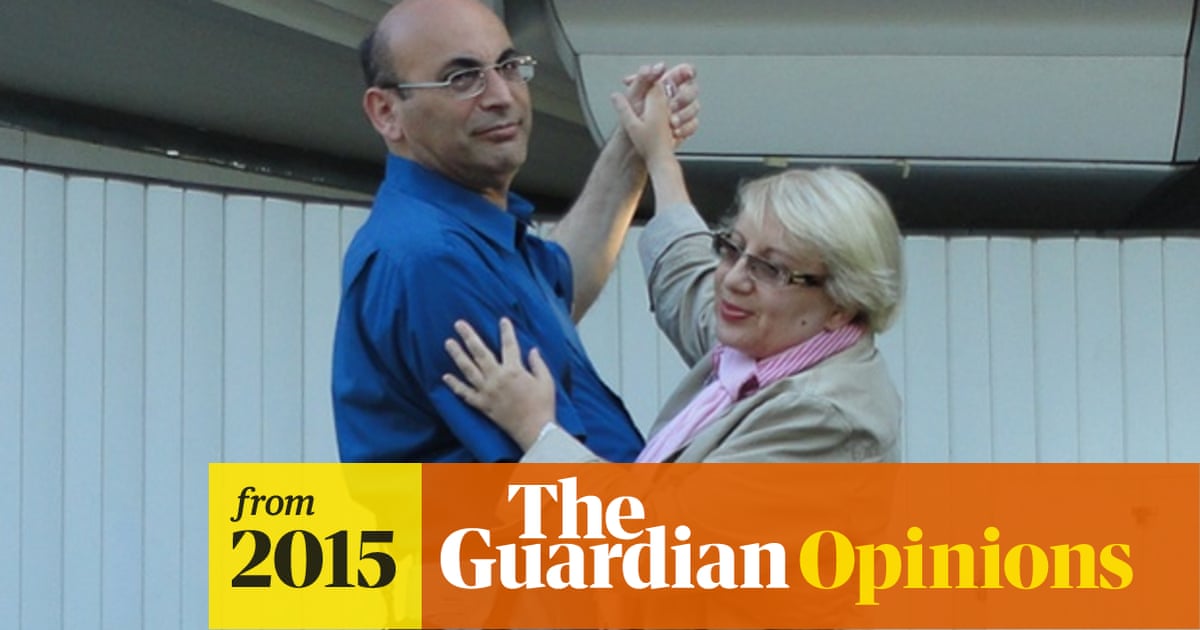Re: Azerbaijan - Internal Political Affairs
I'd hit it.
edit: oh xxxx someone gave me a star??
I'd hit it.
edit: oh xxxx someone gave me a star??
| “Business,” “Society,” “Politics,” are normal headings for news sites and news reports. On the front pages of many Azerbaijani, news websites there is a category unlike the others, “Armenian Aggression.” On the home page of Azernews, nestled between “Business” and “Travel” is the heading “Armenian Aggression.” News.az dedicates a section of its home page to news from Karabakh, while Azertac has a special page for the “Days of Sorrow,” which commemorate the bloodiest days of the Nagorno-Karabakh war. The conflict with Armenia over the region known as Nagorno-Karabakh began in 1988, and to this day is unresolved, though officially in a ceasefire. Twenty-seven years after the conflict began and 21 years after the ceasefire agreement, an entire generation of Azerbaijanis has grown up listening to constant rhetoric of Armenian aggression. Nowhere in the mainstream Azerbaijani news sources is it mentioned that before the outbreak of this conflict, Azerbaijanis and Armenians lived peaceful as neighbors in this region. This has turned Armenia into a permanent scapegoat for the Azerbaijani government. As noted in the EurasiaNet article, “Azerbaijan: Falling Economy, Rising Karabakh War Risk,” when the political situation becomes unstable, a sudden outbreak of violence in the Nagorno-Karabakh region distracts Azerbaijanis from the corruption in their own government. This is not to say that Armenia is on the right side of the conflict, but that the conflict is used internally to consolidate control. The image of an external enemy is politically expedient for the government - the same tactic used by many other authoritarian regimes to perpetuate power. Perhaps the current Azerbaijani government has problems, but they all must unite against their enemy to the east. As the media perpetuates this constant stream of overblown stories from Nagorno-Karabakh, such as the recently posted article “Armenia continues hydro terror against Azerbaijan,” Armenia remains an easy scapegoat. It is easy enough to deflect critical internal attention away from the Azerbaijani government by bombarding the populace with news of terror from the east. The perpetual focus on the conflict is not limited to news reports, as the “Days of Sorrow,” are marked in the daily life of Azerbaijanis. On the day of the Khojaly massacre, February 26, there are slideshows and videos played in schools and universities. These videos do not just outline and describe the tragedy, but go so far as to display gruesome pictures of the mangled bodies of the victims. Azerbaijani children and teenagers see photos of dead children, accompanied by bolded text blaming Armenians for the tragedy. This kind of thinking is endemic of one of the problems with the conflict, one of the propagations of the government-controlled media, i.e. the de-contextualization of the war, which engenders the thinking that above all else, above government corruption and human rights violations, the greatest evil in this world is Armenia. There is no question that events like the Khojaly massacre are tragic, and the violence is deplorable. However, the presentation of Armenians as constant aggressors leaves the door open for the Azerbaijani government to point their finger to the east when they begin to feel pressure from their people. It is an issue that almost all Azerbaijanis can get behind, a rallying cry against the common enemy, the people who stole their land and massacred their people. It is this biased, one-sided view of history, which allows the Azerbaijani government and the government-controlled media to continue to use Armenia as a scapegoat whenever they need to. The Nagorno-Karabakh conflict is complex, with no clear end in sight, exacerbated by the propaganda used to sidetrack investigations into the government’s corruption. In one instance, the government slipped up and revealed not only their desperation to be seen in a positive light by Europe, but also the cracks in their portrait of Armenia as a country of aggressors. The Azerbaijani government paid for the flights of foreign athletes and coaches, as well as for their hotel rooms, during the European Games in Baku. The government paid for all the athletes, including those coming from Armenia. This created confusion and consternation among Azerbaijanis, and showed the shallowness of the claims of Armenia’s evil. If Armenians are the constant aggressors, why would the government pay for them to come compete in Baku? While suspicions may be growing that the problems at home are more serious than their neighbors to the east, it is almost impossible for Azerbaijanis to forget almost thirty years of anti-Armenian propaganda. If pressure on the Aliyev family continues to increase, as Azerbaijanis have been growing more and more upset about the negative side-effects of the European Games, such as a recent fire and the cost of transporting the athletes, it is all too likely that they may attempt to turn everyone’s attention to the familiar enemy, whose crimes are updated and refreshed daily on Azerbaijani news pages. |



Comment